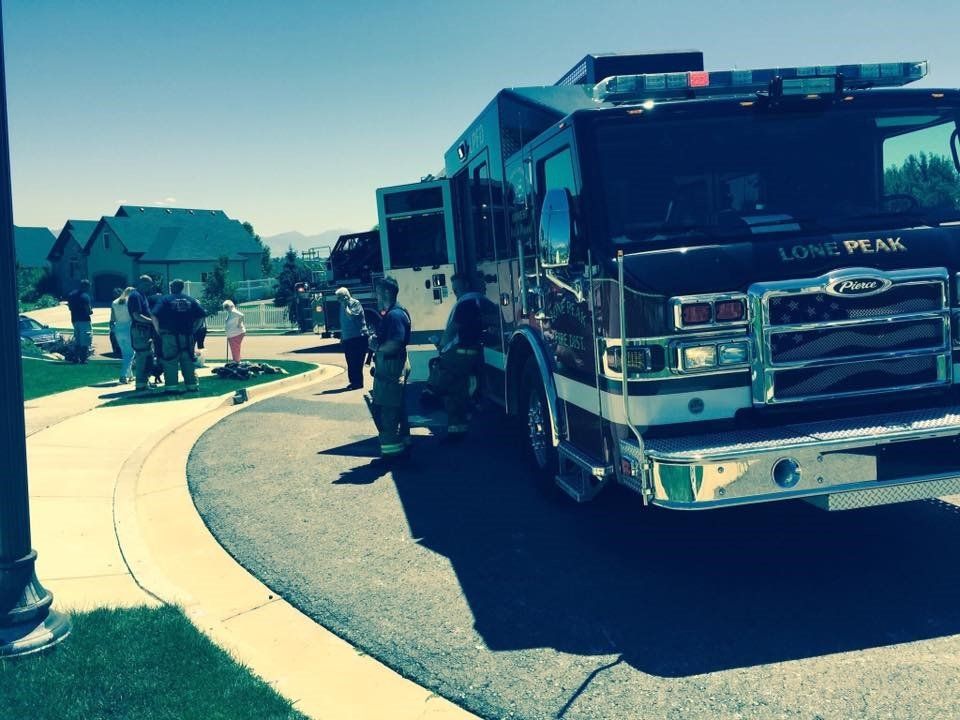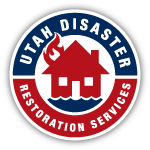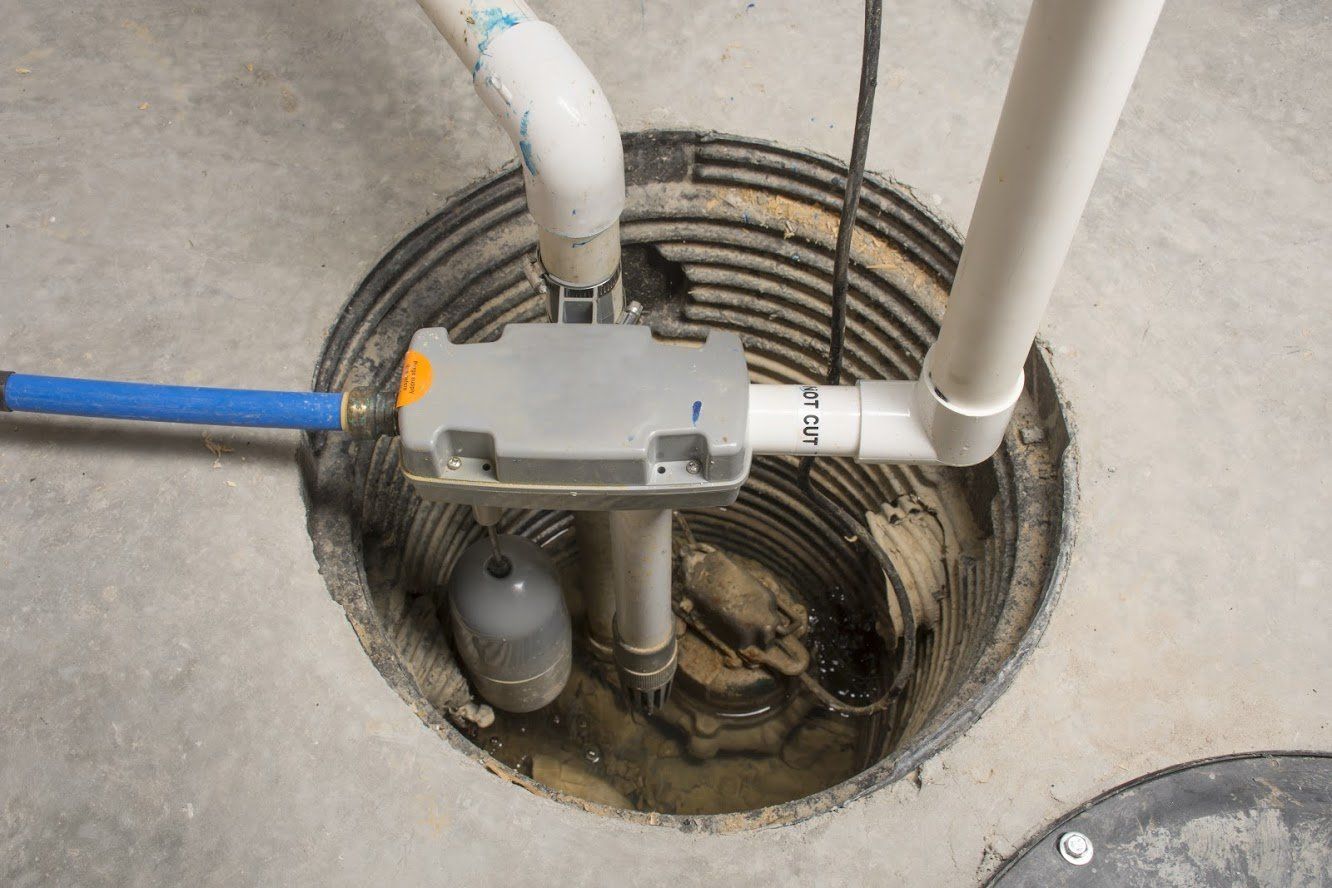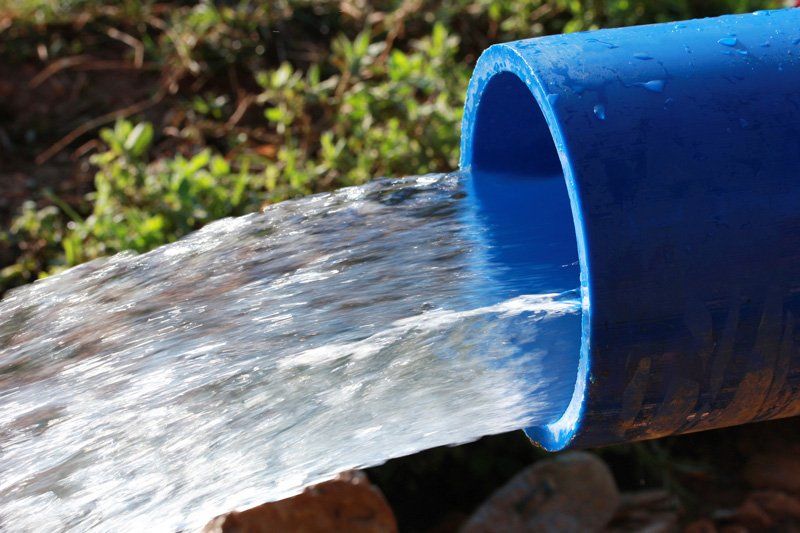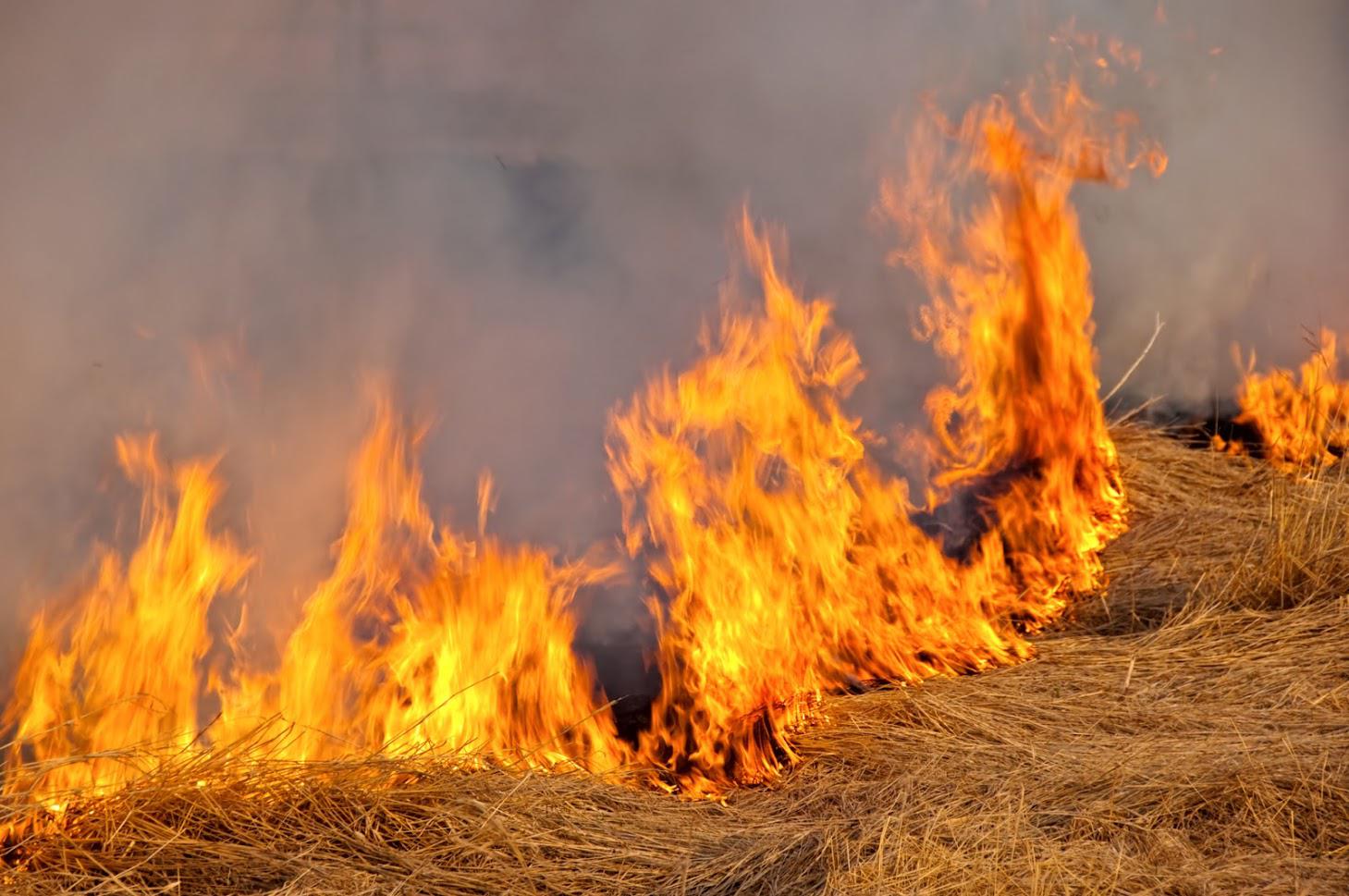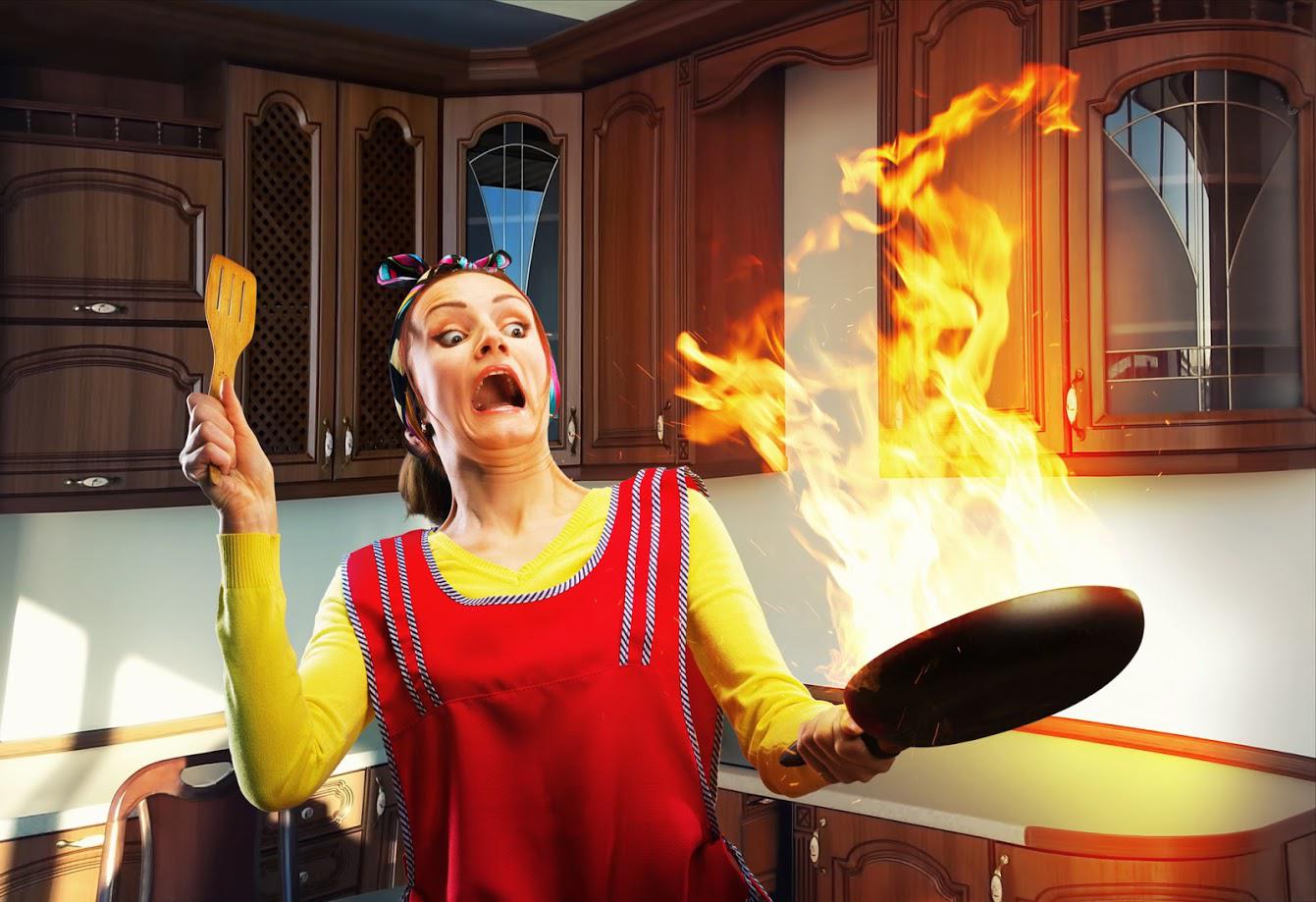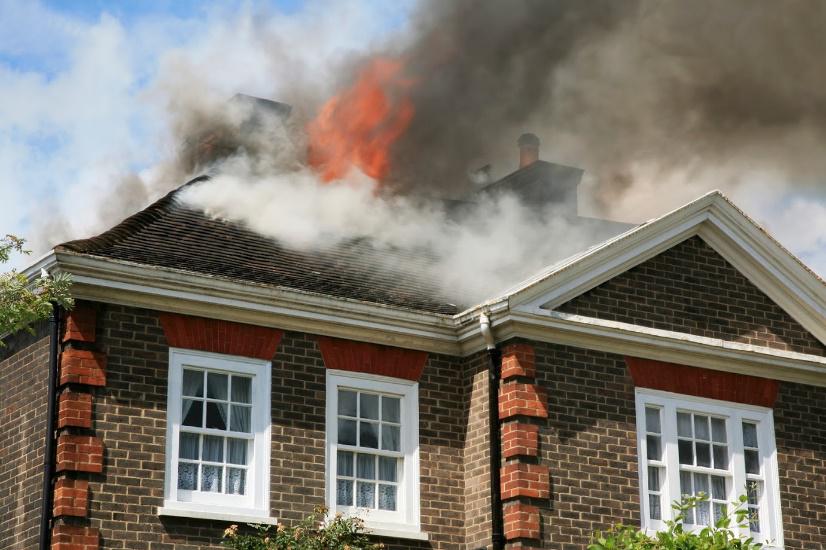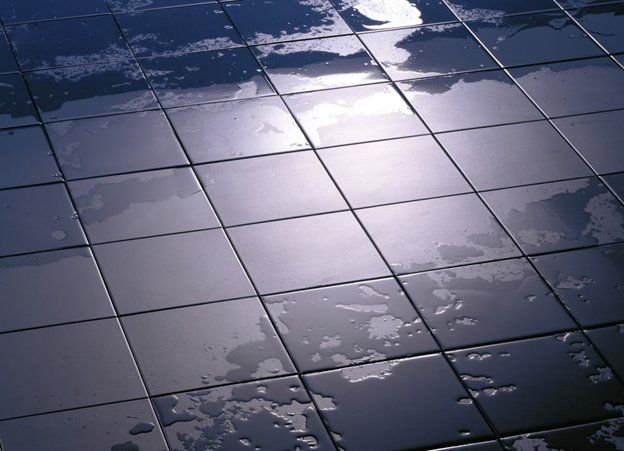How to Stop Mold from Growing in Your Home
- By Jon Welch
- •
- 05 Dec, 2013
- •
Mold spores can be found on almost every surface of every building, but most are dormant. In order to grow, mold needs warmth, moisture and food, but although depriving the moldy areas may stop it from growing in your home; this doesn’t kill the mold spores themselves. In order to completely rid your home from mold and all of its spores, there are a few steps that should be regularly maintained.
In order to get rid of the mold spores in your home, the home must be regularly vacuumed and cleaned. Some areas are more conducive to mold growth such as the kitchen and the bathroom, so these areas must be paid special attention to when cleaning.
Step 2: Prevent Moisture
The best way to do this is by paying attention to the rooms and areas in which moisture is most likely to be present. In these areas, using carpeting leads to mold growing underneath the carpet itself, meaning that you cannot tell there is a problem until it is too late. Instead, use area rugs or some other type of rug that can be washed often.
Step 3: Keep mold Food Sources Away
Food sources can be anything from food, to clothing and paper. Any type of food source that can grow mold on it should be kept away from damp areas in order to reduce the chance of mold forming. Since moisture is needed for mold to grow, keeping these items out of the way means that mold is kept away as well.
Step 4: Clean the Gutters
Dirty gutters can actually harbor mold in them as well. In order to keep mold out of your gutters, maintain and clean the gutters periodically, in order to stop any blockages that may have formed. Another place that should be thoroughly cleaned is the downspout, as the moist environment is perfect for mold to begin germinating.
Step 5: Open windows
Opening windows can be an effective way to keep the house dry, leading to a reduction of mold. The areas that should be kept dry most often are commonly wet places such as the kitchen and bathrooms. If windows are not an option, using an exhaust fan is also an effective way of drying out the home.
By following these simple steps, mold can be eliminated from the household, and you and your family can breath much easier.
